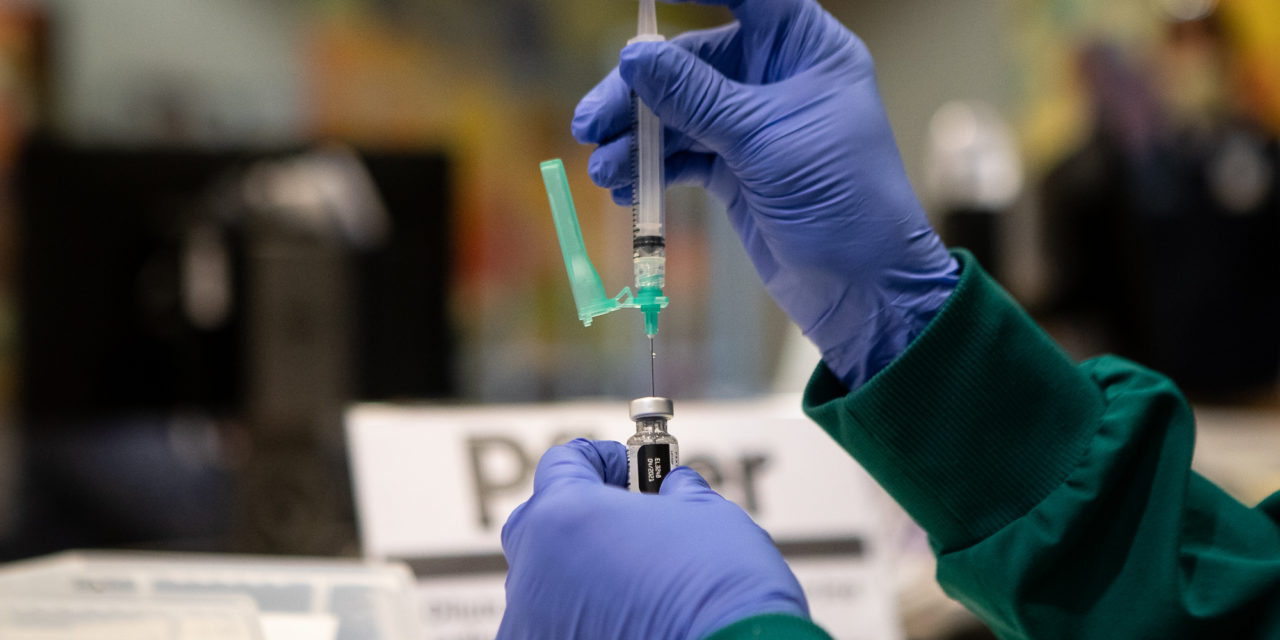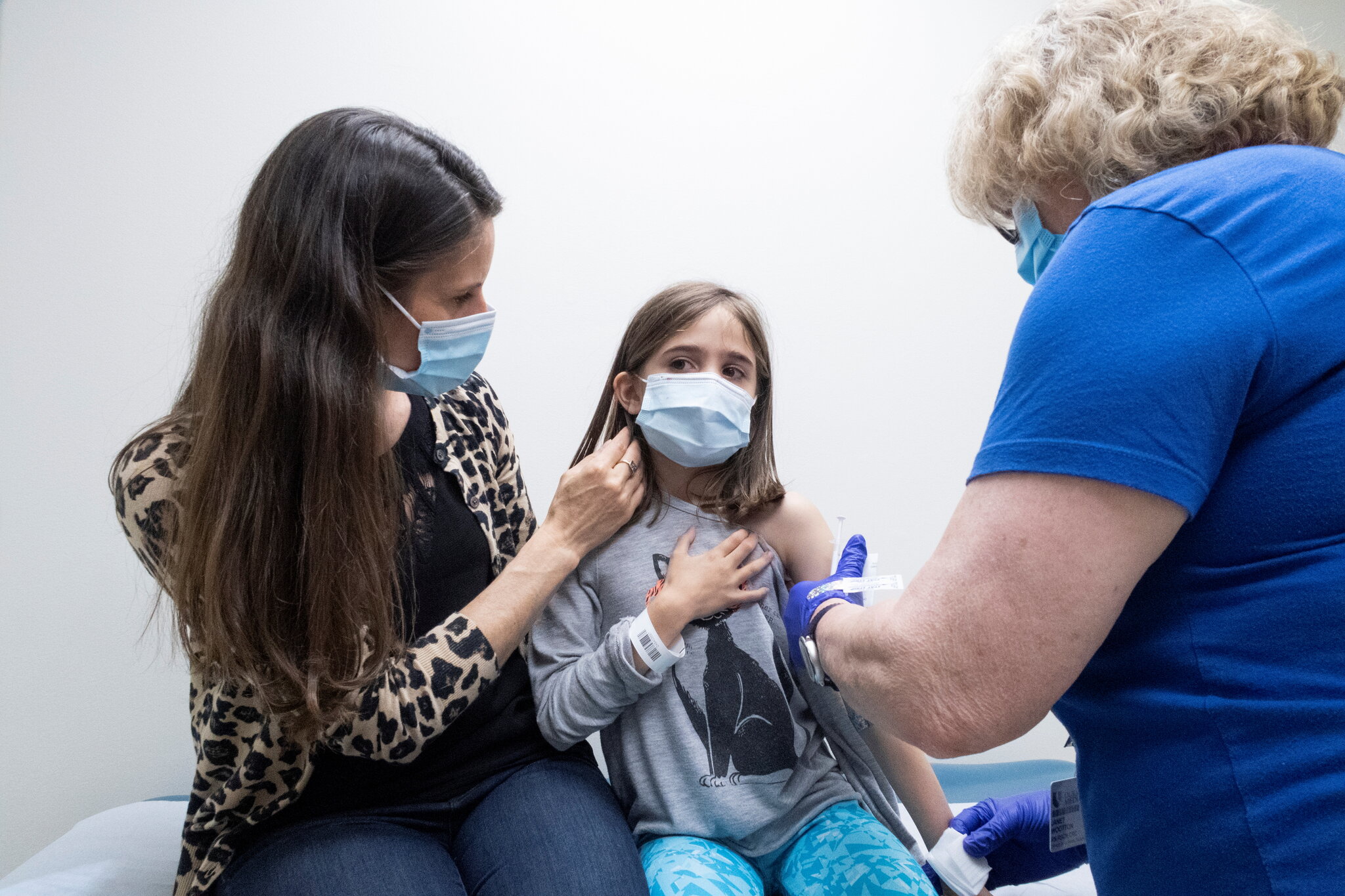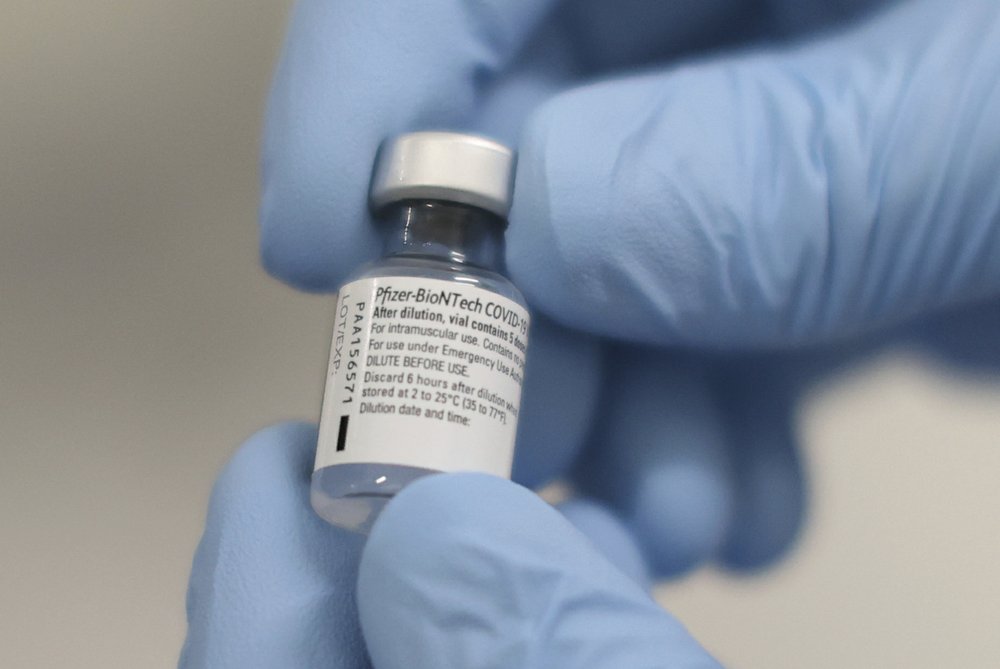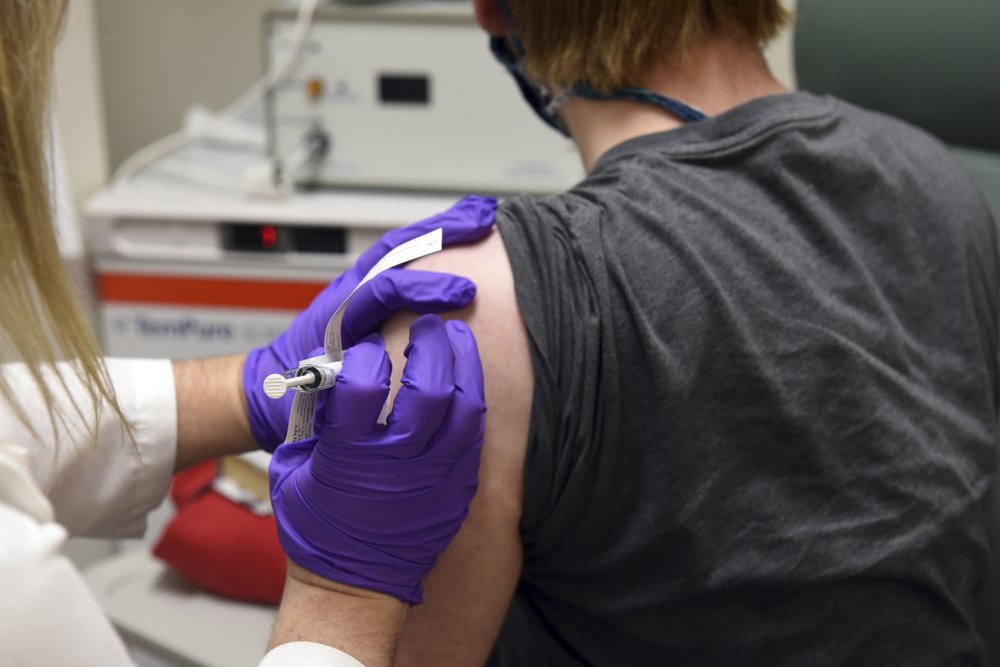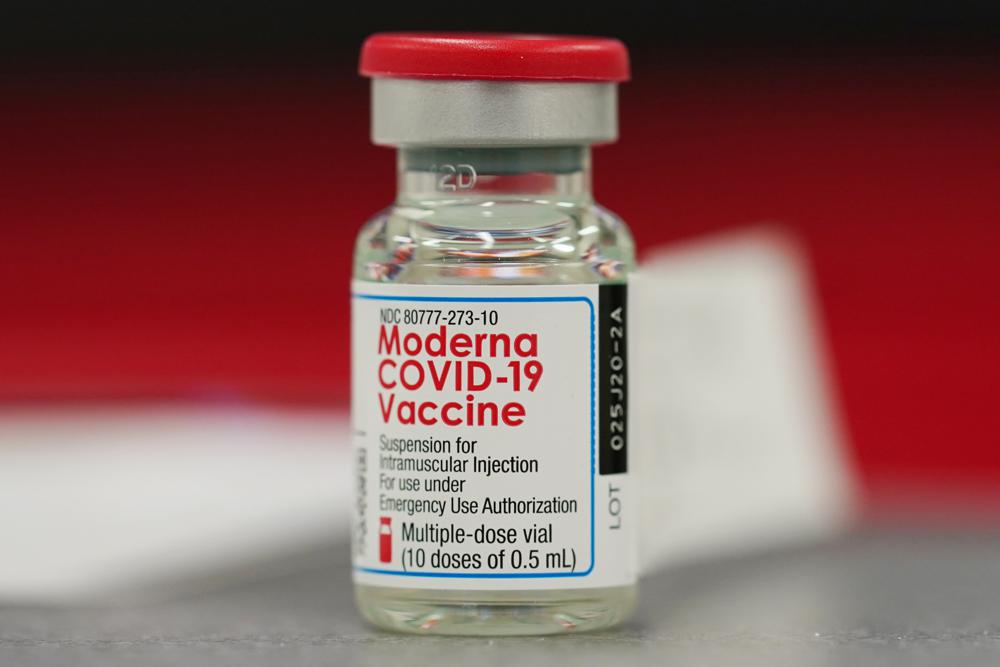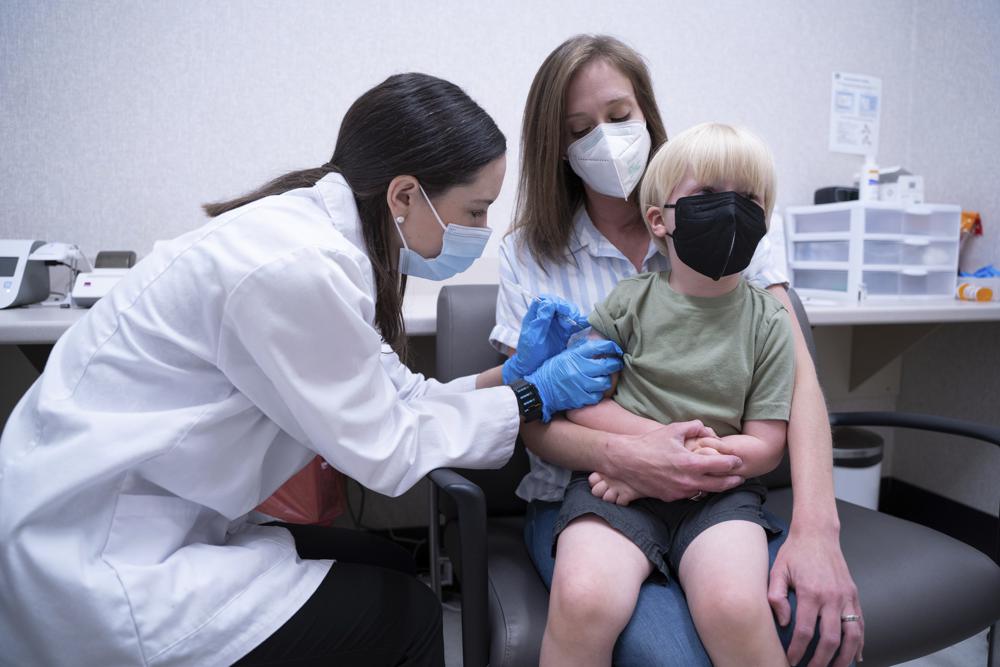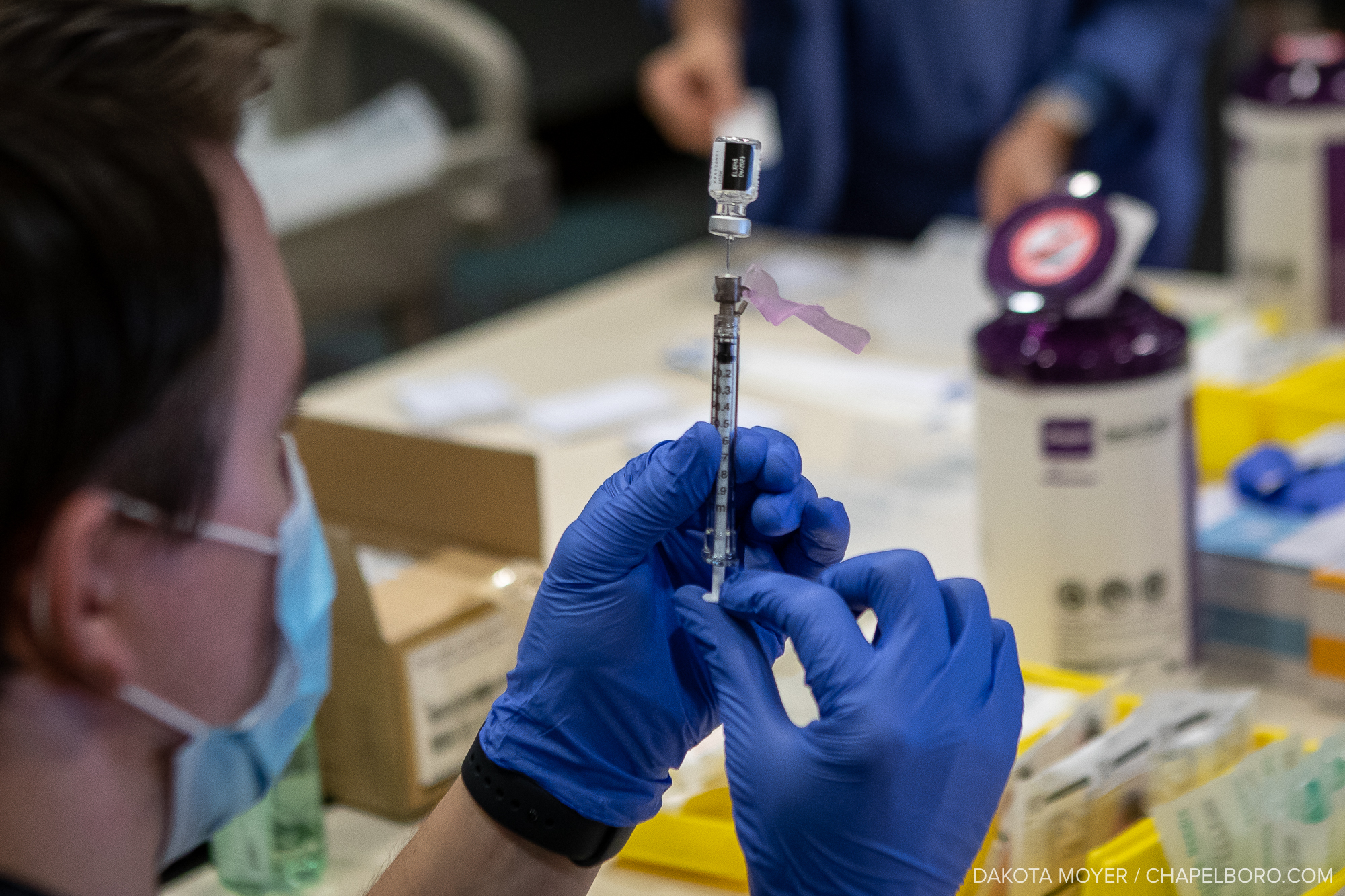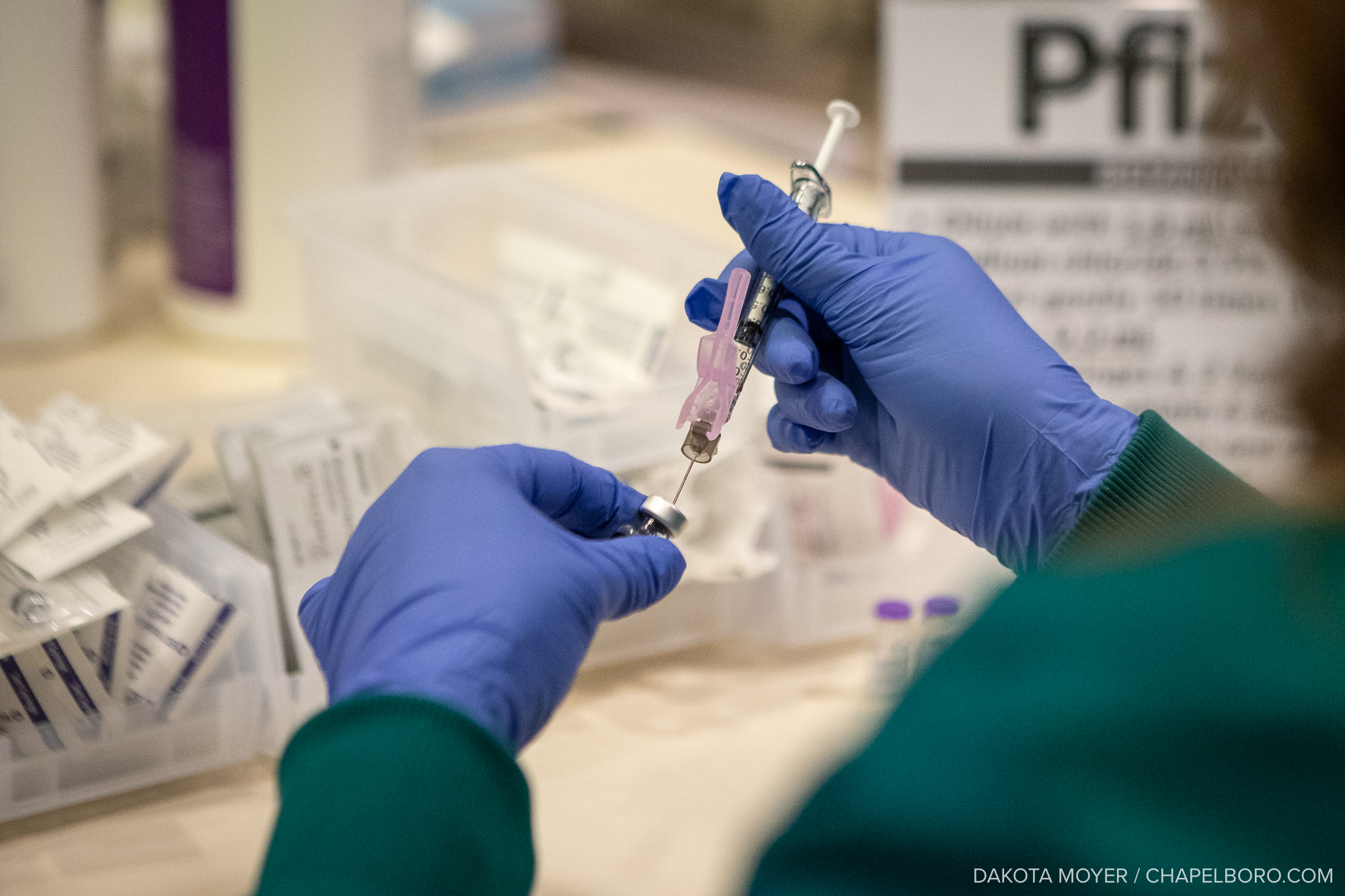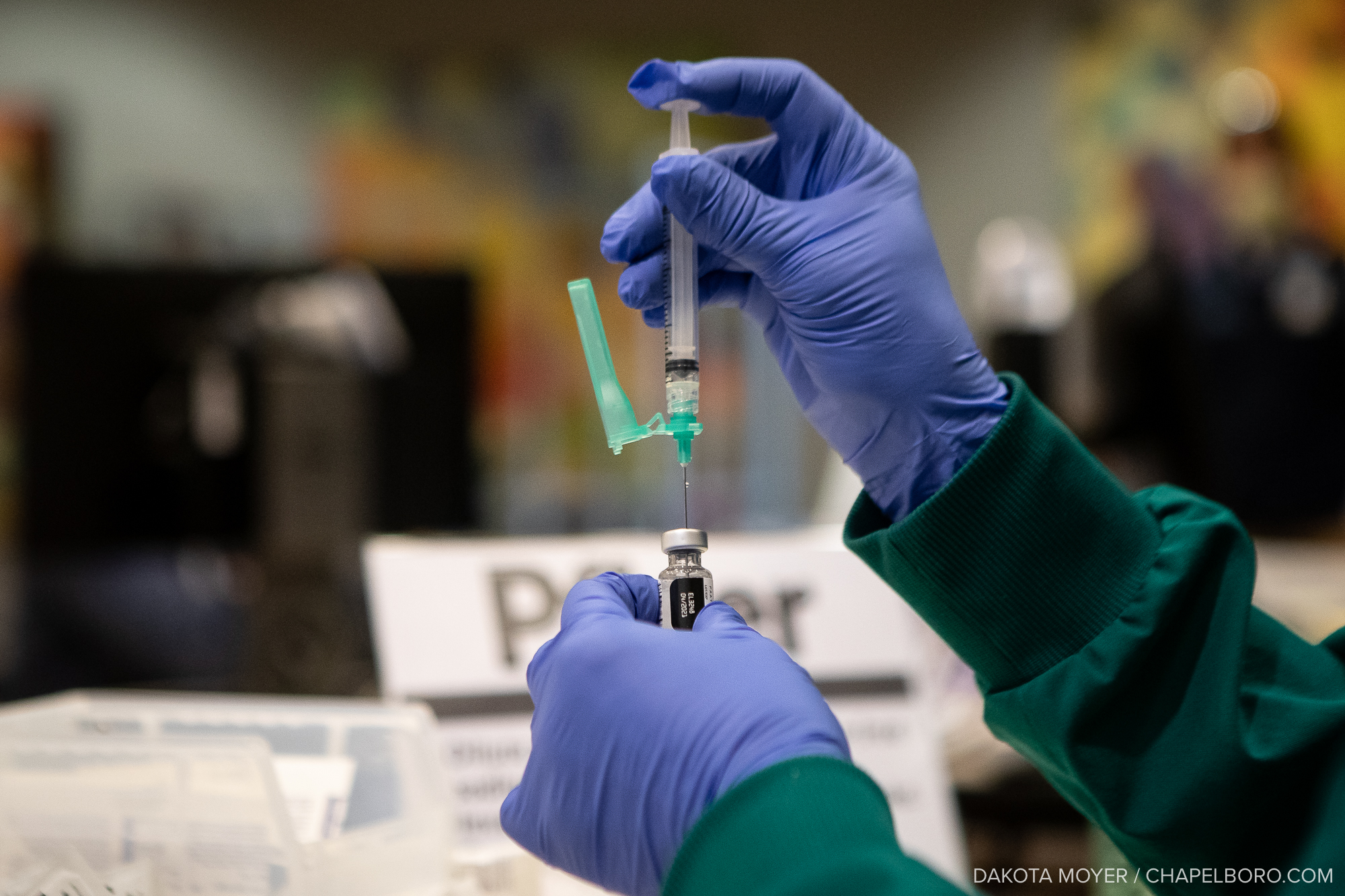As vaccination rollout ramps up locally and nationally, new variants of the coronavirus have scientists questioning vaccine efficacy.
The CDC reports that these variants, caused by virus mutation, seem to spread more easily and quickly than other variants – which may lead to more cases of COVID-19 as well as a need to modify current vaccines.
Dr. David Montefiori is the director of the Laboratory for AIDS Vaccine Research and Development at Duke’s Medical Center.
Montefiori said the appearance of new COVID-19 variants is something that should have been expected. While it’s not surprising that the coronavirus is mutating – as all viruses mutate – he said it is surprising how rapidly we are seeing these new mutations and variants spread.
“Viruses need to replicate in order to mutate,” Montefiori said. “The more opportunity they have to replicate, the more opportunity there is for mutations to arise and new variants to spread. When you consider the fact that this pandemic has been going on as long as it has, over a hundred million people who’ve been infected, that’s given the virus a lot of opportunity to replicate and mutate.”
Montefiori said scientists around the world have been monitoring the genetic sequence of the coronavirus to watch for mutation – specifically to see if any mutation is occurring on the virus’s spike protein.
“This is the protein that sits on the surface of the virus and the virus uses to attach to a cell and get into a cell,” Montefiori said. “It’s also the part of the virus that’s in all of the vaccines with the goal of generating antibodies that will block the ability of the virus to infect a cell.”
COVID-19 mRNA vaccines give instructions to cells to make a harmless piece of the spike protein. The cell displays the protein piece on its surface, our immune systems recognize that the protein doesn’t belong there, and an immune response is triggered and antibodies are made – mimicking what happens in a natural COVID-19 infection.
If and when the spike protein on the virus does mutate, the efficacy of the vaccine, and subsequent immune response, will also be affected. Right now, current variants appearing and spreading in the U.K., South Africa, Brazil and California all have mutations on the spike protein.
Fortunately, despite concerns the emerging COVID-19 variants may affect vaccine effectiveness, Montefiori said the Novavax and Johnson & Johnson vaccine were both tested against the U.K. and South Africa variants and still offered protection – albeit to a lesser degree.
“Both of the vaccines are effective against the variants – the U.K variant and the South African variant,” Montefiori said. “Now that said, they’re not as effective against either of the variants as they are against the more common variant. The U.K. variant seems to be much less of a concern. The efficacy went from 96 percent down to 86 percent – which is still very, very good. The South African variant is more of a concern. There the efficacy dropped down to about 50 percent.”
Some vaccine companies are now modifying their vaccines to address that decreased efficacy and try to improve it by incorporating the South African variant spike protein into their supply.
Here in the United States, Montefiori said neither of these variants seem to be very prevalent – which is a promising sign for our own vaccine rollout plans.
“That could change over time as genetic surveillance increases and the virus has more opportunity to spread,” Montefiori said, “but given the low prevalence right now, I don’t really consider them to be that much of a concern.”
Chapelboro.com does not charge subscription fees. You can support local journalism and our mission to serve the community. Contribute today – every single dollar matters.

